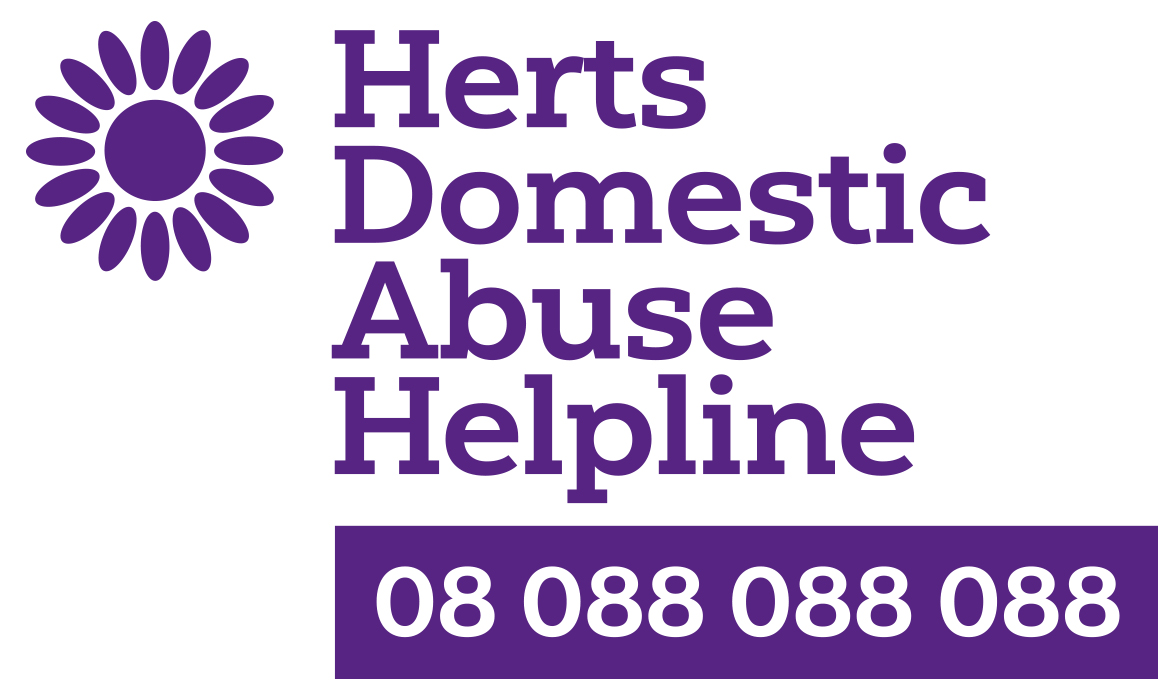Between 1.25 and 3.4 million people in the UK are affected by an eating disorder. Around 25% of those affected are male. One study found that just over 60% of women with some form of eating disorder reported experiencing domestic abuse from an intimate partner at some point in their life.
As with domestic abuse, there is more than one form of eating disorder. Anorexia Nervosa, AFRID (avoidant/restrictive food intake disorder), Binge Eating Disorder and Bulimia Nervosa all have different symptoms such as restricting food intake, binge eating, purging and fasting. There are other similarities between Domestic Abuse and Eating Disorders such as the shame and guilt surrounding them, that they both have triggers and that they often have the same roots in perfection, criticism, control and obsession.
When we consider the person perpetrating the abusive behaviour, the increased vulnerability having an eating disorder might create for a victim of domestic abuse and also how experiencing domestic abuse in childhood could cause an eating disorder, we start to see the patterns emerging around how the two may be deeply entangled.
We reached out to some survivors to share their experiences and here is what they had to say:
“The comments my ex-partner made about my body and how disgusting it was led to me spiralling and secretly eating food. It seems silly but any time I feel like I am losing control of my life I binge or restrict food.”
“I essentially saw food as a drug to make me happy and would just eat and eat and eat. My weight gains just fuelled his abuse, his constant hatred for my new larger body made me feel suicidal.”
“I was in an emotionally, financially and sometime physically abusive relationship for 15 years. I always had issues with weight but as the relationship deteriorated I became completely obsessed with getting fit and losing weight. I went from a size 14 to a 4. I still struggle with my weight and use exercise as a form of release and a coping mechanism.”
“I had anorexia in my teens and twenties. When my marriage to my abusive partner crumbled, the eating disorder returned.”
“My ex-partner abused me whilst I was pregnant. Once I had the baby I found out he was having an affair. I was breastfeeding a baby who wouldn’t take formula but I couldn’t eat, the weight was falling off me but not eating was the only thing I could control.”
Children and young people in the home may be impacted by both direct victimisation and witnessed violence which has been seen in eating disorder patients. Research shows that troubled family and personal relationships and a history of physical or sexual abuse are two of the greatest interpersonal factors which cause people to develop eating disorders and it isn’t just women, 1 in 4 sufferers of an eating disorder are men. It is sometimes harder to spot the signs in men as the eating disorder sometimes has a different dynamic and driving force behind it because of some of the stereotypes and narratives that sit around them. Steroid misuse, muscle and body dysmorphia are common in men and are usually linked to victims of physical or sexual abuse.
It can be hard to spot the signs of somebody who has an eating disorder as much of it involves secrecy and isolation but it is important, when considering those experiencing abuse and/or an eating disorder, that we notice a drastic change in weight, eating very quickly or only when alone, avoidance of either subject, worry about body shape or weight gain or excessive exercising. A considerable amount of support, guidance and planning needs to take place in order to help break free of the suffering.
Seed is an eating disorder support service founded by the parents of Emmerdale’s Gemma Oaten who is now Patron of the charity. Gemma battled an eating disorder through her adolescent years into adulthood which consequently affected her relationships. The following organisations may help anyone needing support surrounding an eating disorder and our free and confidential helpline is open from 9am- 9pm weekdays and 9am-4pm at the weekends for anyone needing support surrounding domestic abuse.
SEED - Eating Disorder Support Service - Support and Empathy for People with Eating Disorders
Beat Eating Disorders - the UK’s eating disorder charity

